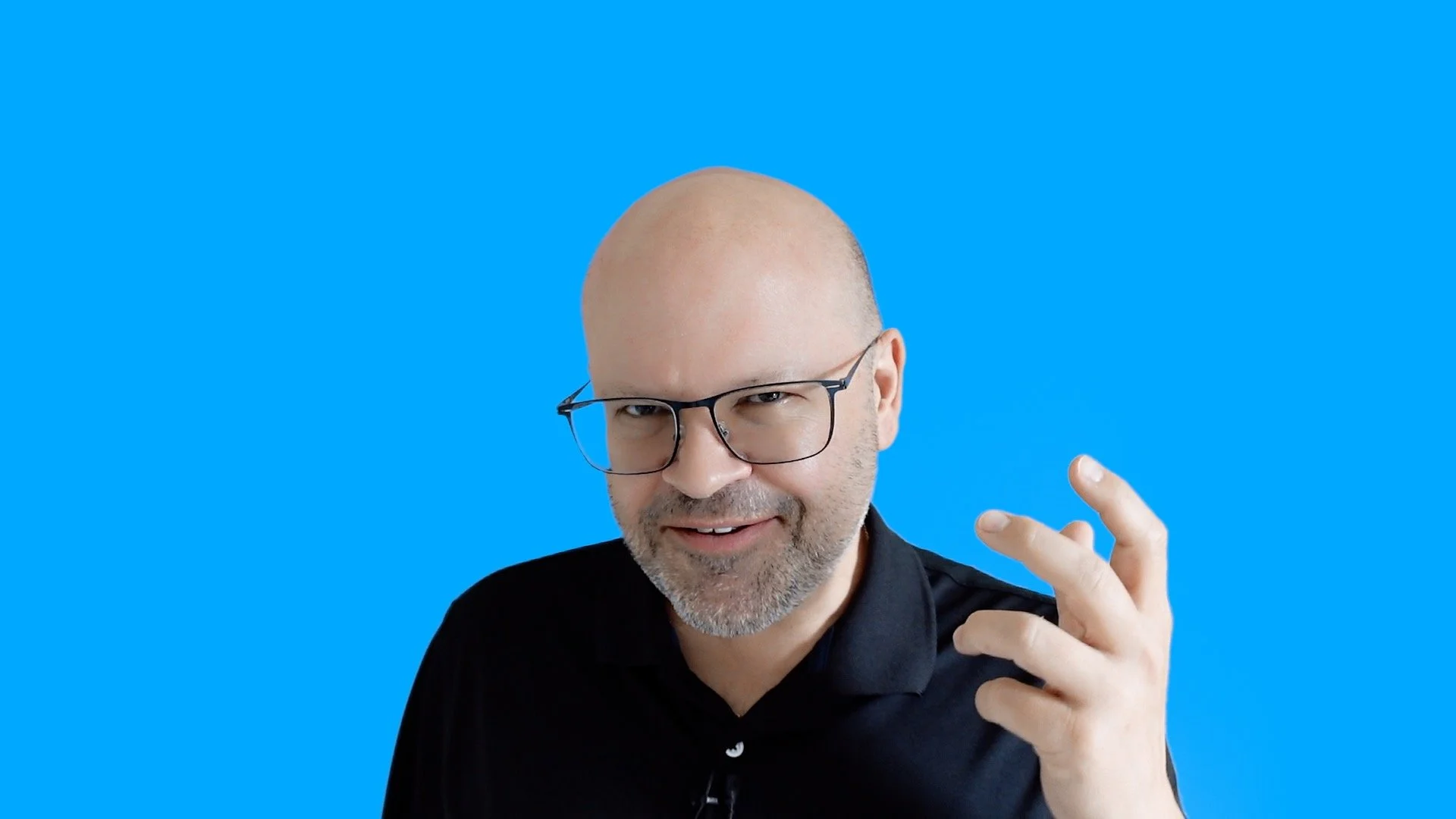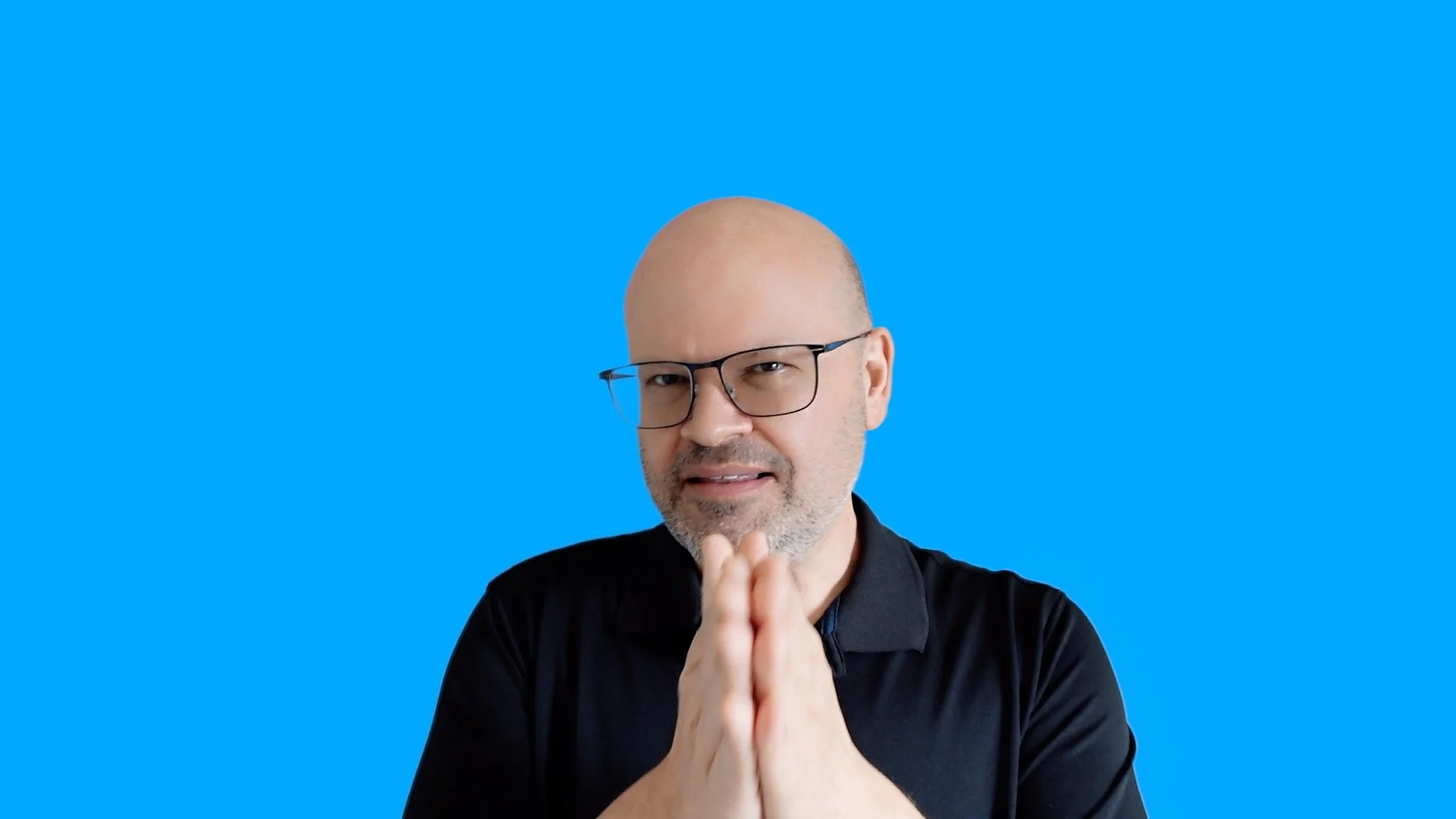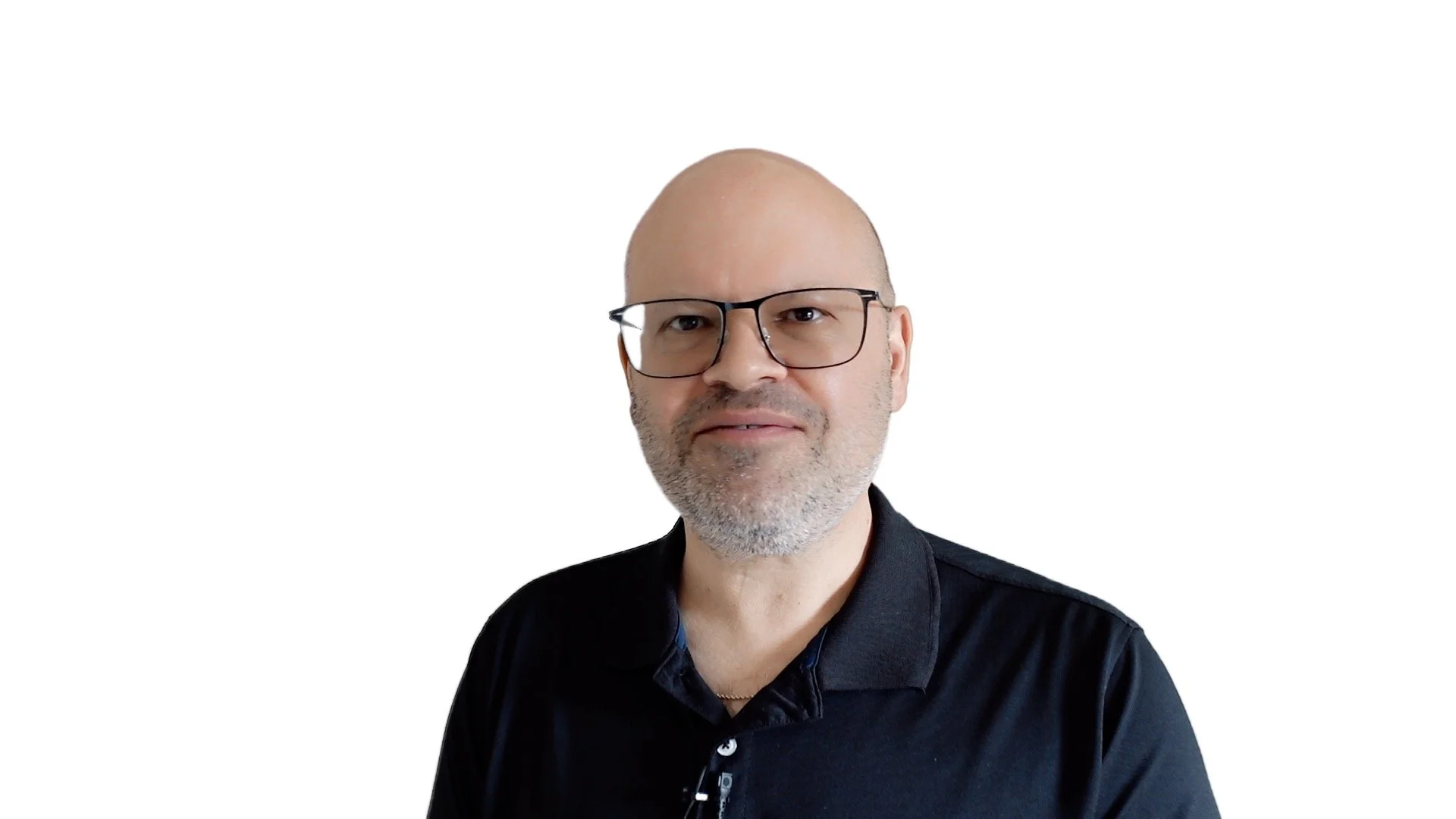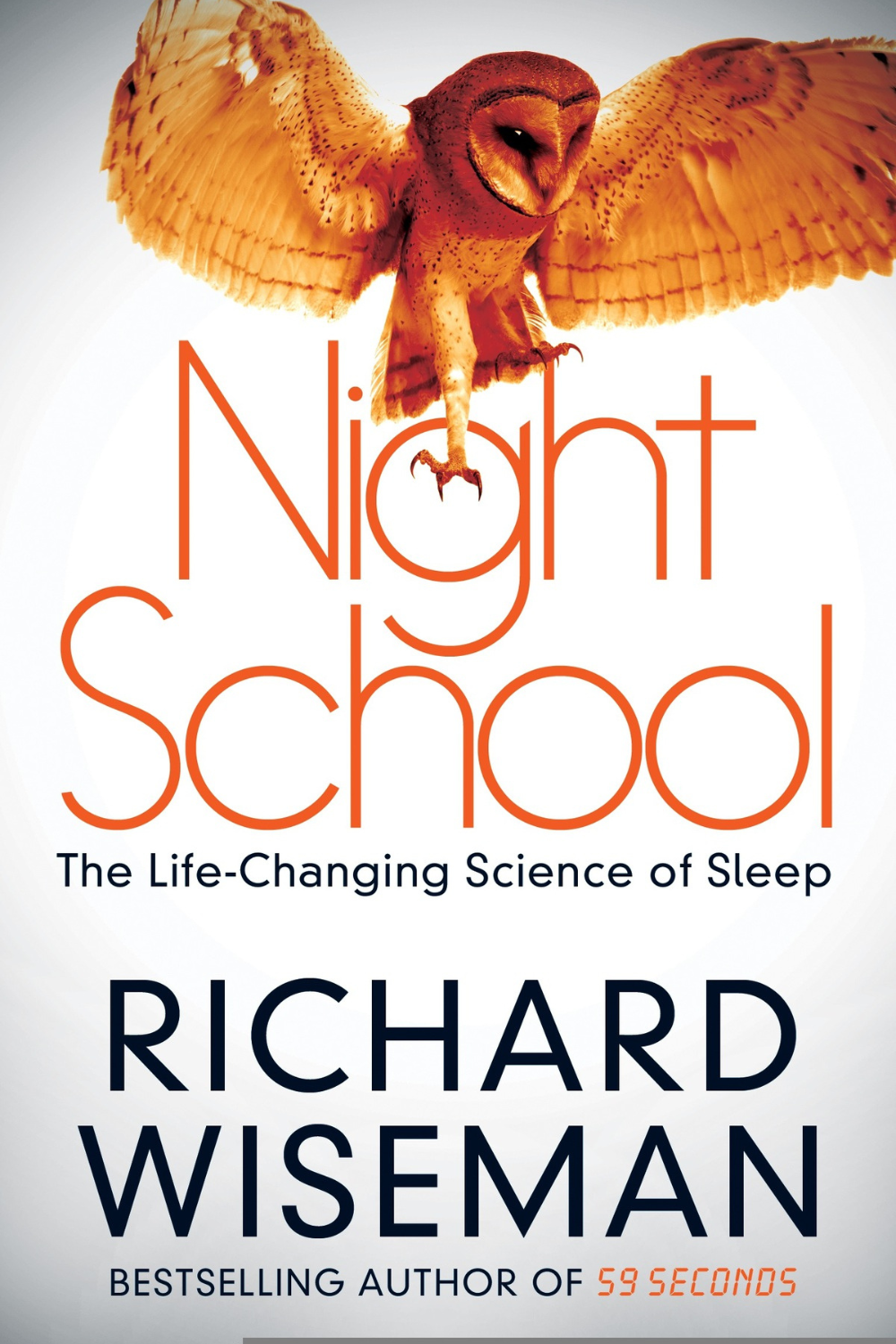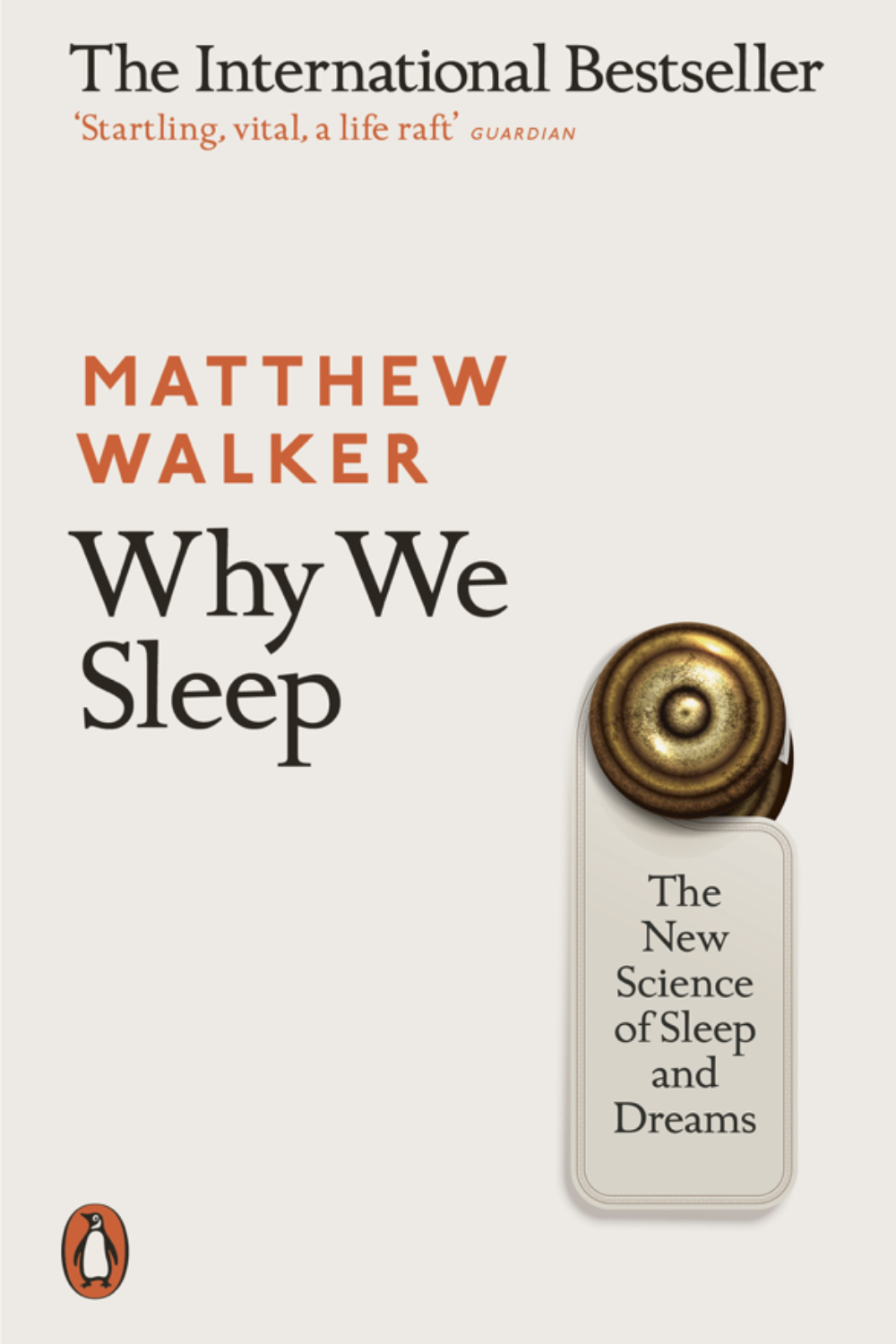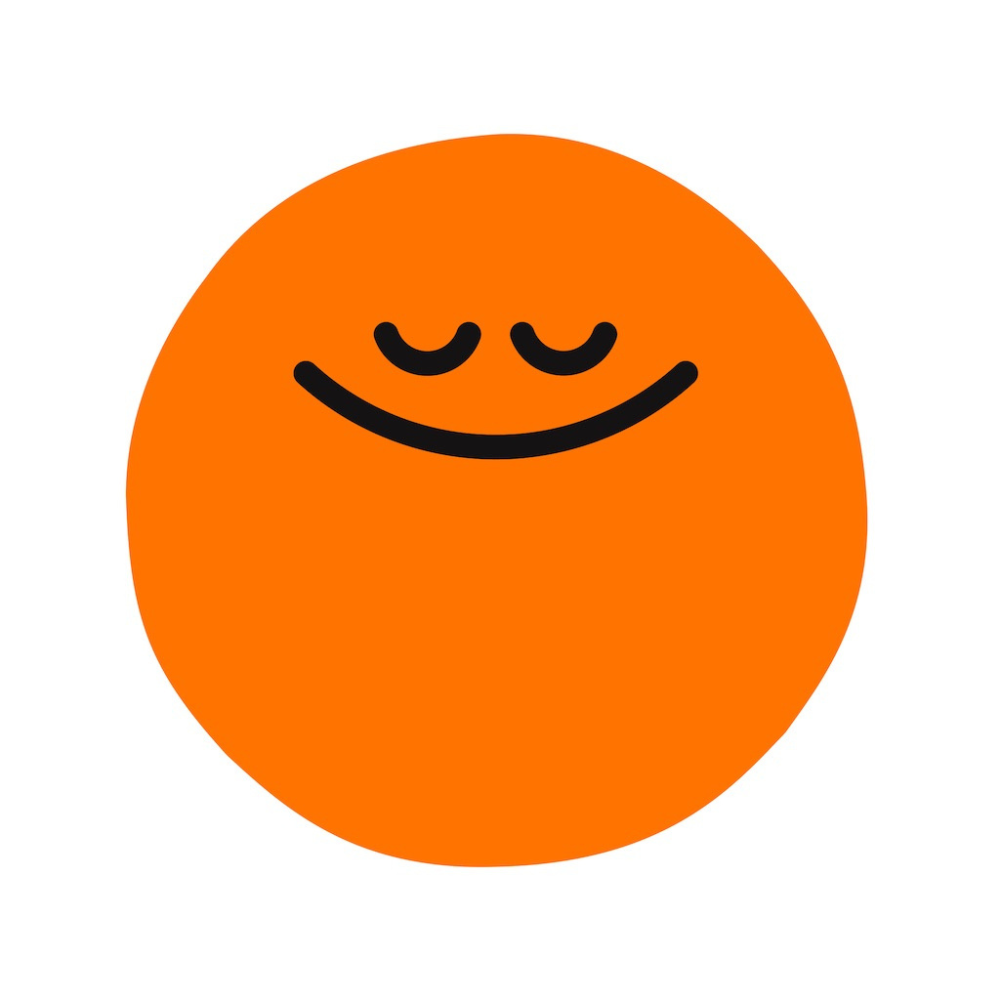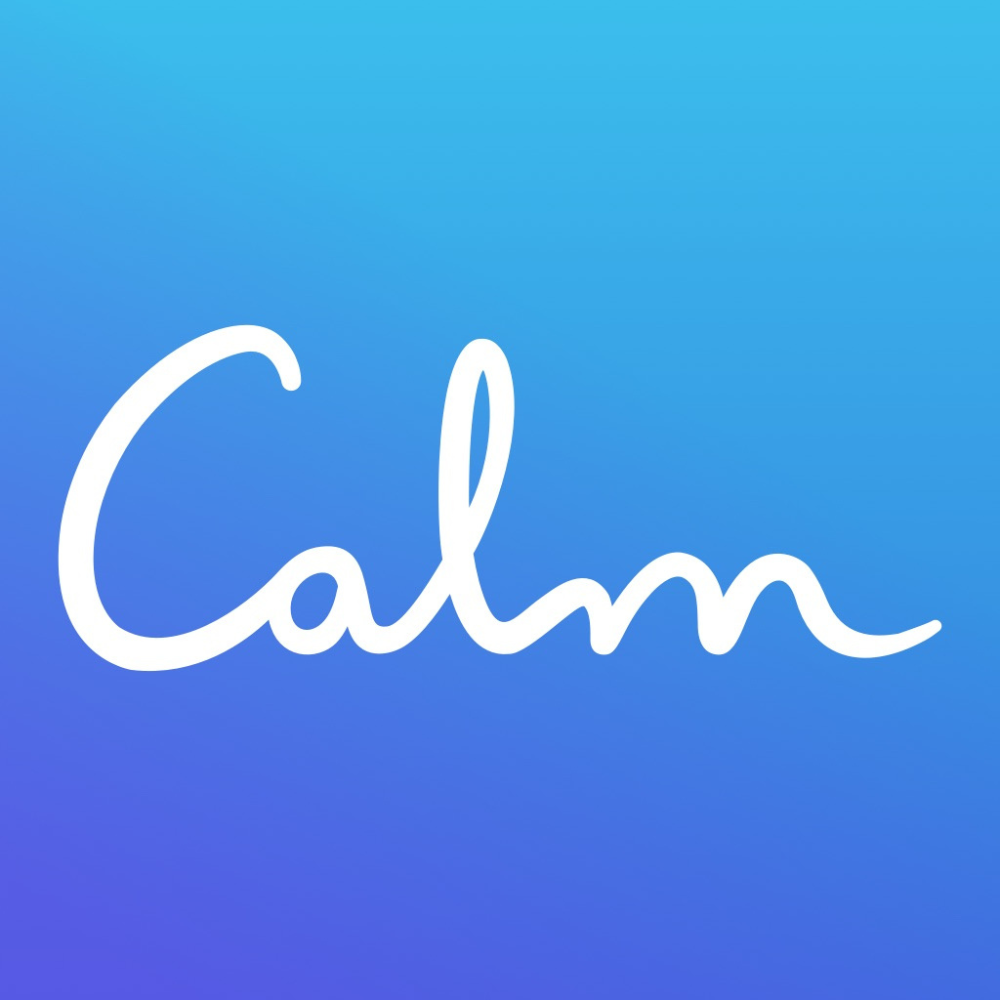Get great sleep
In this guide, we’ll explore why sleep is so important. It’s something a lot of people struggle with and it can directly influence our mental health and wellbeing.
What could be more important than sleep? It refreshes and repairs us. Helps us become more creative and focussed. So many people neglect it though, or have a very difficult relationship with it. When you understand sleep, you can feel better.
Below:
I’ll explain what happens when we sleep
look at how much sleep you’re likely to need
Share tips to help you get great sleep
Bust some sleep myths
Explain what you can do if sleep becomes a problem
Sleep Cycles
When we sleep, our bodies and minds go through cycles. Understanding them is critical if we want to get great sleep.
N1
This is the first cycle and it only happens once, when you first drift off to sleep. It lasts around 10 minutes, as your body makes that complicated transition from being alert and awake to sleeping. You probably won’t know you’re sleeping when you’re in this stage. A lot of people will suddenly jolt out of it, or think they’ve heard something. It’s perfectly natural, and it reflects what’s happening here.
N2
We then enter the first cycle of three that repeat throughout the night. At this stage, our bodies start to relax. We drift off to sleep. But suddenly, our minds will experience quick bursts called sleep spindles. They help the mind shut down and process learning and memories.
N3
This is deep sleep. Where we rest and heal. The mind is as inactive as it can be, as your body essentially enters ‘low power mode’. It just does enough to keep everything going. This is where the body heals and restores itself. Where our immune systems go to work and we release growth hormones if we’re young. I’m sure you can see how important this is.
REM
After effectively shutting down, the mind becomes active again. We enter the Rapid Eye Movement cycle, where we really start dreaming. It’s called this because the eyes of someone in this stage will be darting around. They will be watching their dreams. The rest of the body is effectively paralysed though, to stop us acting them out and hurting ourselves or someone else.
Dreaming is good for us. It makes us more creative. At this stage, the mind is processing all the information that has been thrown at it throughout the day. It’s like it’s filing it all away. Processing emotions and consolidating memories. While we actually dream throughout the night in all the cycles, they will be more intense here and we’re likely to remember them. Our brains are also likely to be almost as active as when we’re awake.
Making sleep cycles work for you
The timing of these cycles change throughout the night. In the early stages, we get more deep sleep before this is reduced and the REM cycle gets longer. A cycle is likely to last around 90 minutes before repeating. Most people need to sleep for around 7-8 hours, although we’ll explore that more later in this section.
I’m sure you can now see the importance of allowing these cycles to take place without disruptions.
We’ll now look at how much sleep you’re likely to need. That’s you though, not everyone else. We’re all different.
Getting great sleep
Understanding why sleep is important is one thing but getting great sleep is something else entirely. To help you, I’ve listed some things you can do to make it easier.
Before settling down:
Unwind, relax and just allow yourself to start settling down
Try to introduce a pre-sleep routine
Avoid bright lights and activate night modes on devices
Think about where you sleep:
Do what you can to make it the right temperature
Make it as dark as possible
Reduce noise and make it as quiet as you can
To take this further. Let’s look at what other people swear by when it comes to sleep.
Things that disrupt sleep
Now we’ve explored the things that can stop you falling asleep, let’s look at what can disrupt it. To be clear, I’m not saying you need to avoid these things. I just want you to be aware of what they are likely to do. How they are likely to make you feel.
Food
If we have a lot to eat late in the evening, our bodies will take time to digest all that food. If this is happening when we reach the deep sleep stage, our body can’t effectively shut down. It has things to do.
Caffeine
We should all know that caffeine isn’t a friend of sleep. What you may not know though is that like food, it can also impact the deep sleep stages. It can prevent you from really winding down and this also disrupts REM sleep.
Alcohol
Like food and caffeine, this can disrupt deep sleep, as you are likely to become dehydrated and uncomfortable. Like caffeine, alcohol can also disrupt REM sleep. You’ll spend less time dreaming and the discomfort is likely to follow you.
What this means for you
Again, I’m not suggesting you cut all these things out (although I never recommend coffee or energy drinks after 4pm). I’m just saying that if you have a good time, say go out for a meal, you’re likely to pay a price when it comes to sleep.
There’s always weekends and days off though, and you’ll now know enough to avoid things like this when you have important things to do the next day.
Even if we’ve done everything right, there will be times when we just can’t sleep. Here’s what you can do when that happens.
So, you should now understand what happens when we sleep. You should also have a good idea of how you can improve your relationship with it. More importantly, it should be clear what’s likely to happen if you do.
We can also take it further…
Bringing great sleep into Alignment
This is where we connect everything here with what I’ve introduced in the Alignment section. Remember that stress bottle, because this is how getting great sleep can help you empty it.
This is where I explain how I approach sleep, and the effect it’s had on me.
Some resources to help you get great sleep
Books
Night School
This book will teach you everything you need to know about sleep. It changed everything for me.
Why We Sleep
Regarded by many as THE book on sleep. Matt Walker is someone you should listen to.
Apps and digital services
Brain FM
Among a lot of other things, this app can generate soothing sounds to help you sleep. You can also set timers.
Headspace
A very popular meditation app. It also has resources to help you sleep.
Calm
Another trusted meditation app. There are also a lot of helpful sleep resources.
Podcasts
The Matt Walker Podcast
The only podcast you need to listen to about sleep. He’s usually joined by expert guests.
I have entire pages devoted to these resources. You can find them in the menu.

